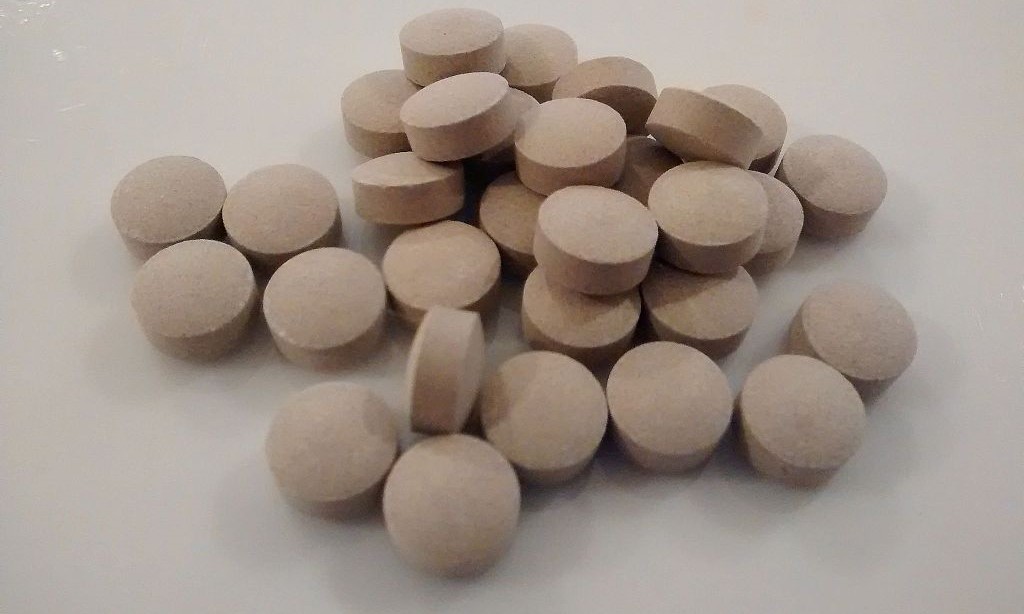Iodine is an essential trace element crucial for maintaining optimal health within the human body. Its primary role revolves around the thyroid gland, a vital organ responsible for producing hormones that regulate metabolism, growth, and development. Within the thyroid gland, iodine is incorporated into thyroid hormones—thyroxine (T4) and triiodothyronine (T3)—in a process crucial for their synthesis.
Adequate iodine intake is critical for ensuring the thyroid’s proper functioning and hormone production. Insufficient iodine can lead to thyroid disorders such as hypothyroidism, goiter, and in severe cases, intellectual disabilities, particularly in pregnant women and infants. Conversely, excessive iodine intake can also disrupt thyroid function and lead to thyroid-related issues.
The body does not naturally produce iodine, necessitating its intake through dietary sources. Foods rich in iodine include seafood (such as cod, tuna, and shrimp), seaweed, dairy products, iodized salt, and certain vegetables. These sources provide the body with the necessary iodine levels required for thyroid hormone synthesis and overall health.
Pregnant women require increased iodine intake as the thyroid hormones play a crucial role in fetal brain development. Iodine deficiency during pregnancy can lead to developmental issues in the baby. Thus, pregnant women often require iodine supplementation to ensure healthy fetal growth and brain development.
Regular monitoring of iodine levels and ensuring an adequate intake through dietary sources or supplements is essential for maintaining thyroid health and overall well-being. By supporting thyroid function and hormone synthesis, iodine contributes significantly to the body’s metabolic processes and growth regulation.

Iodine supplement pills
Here are 21 interesting facts about iodine in the body to know more about it.
- Essential Trace Element: Iodine is an essential trace element crucial for the synthesis of thyroid hormones.
- Thyroid Hormone Production: It’s a fundamental component in the synthesis of thyroxine (T4) and triiodothyronine (T3) hormones in the thyroid gland.
- Metabolism Regulation: Thyroid hormones regulate metabolism, influencing processes like heart rate, body temperature, and energy production.
- Cell Growth and Repair: Iodine contributes to cell growth, differentiation, and repair, essential for various bodily functions.
- Critical for Brain Development: Adequate iodine intake during pregnancy is vital for fetal brain development and preventing intellectual disabilities.
- Iodine Deficiency Disorders: Insufficient iodine intake can lead to iodine deficiency disorders (IDDs), including goiter, hypothyroidism, and cognitive impairments.
- Global Iodine Deficiency: Iodine deficiency remains a global health concern, affecting populations in certain regions with low iodine in the soil and limited access to iodine-rich foods.
- Dietary Sources: Seafood, seaweed, dairy products, iodized salt, and some vegetables are primary dietary sources of iodine.
- Recommended Daily Intake: The recommended daily intake of iodine varies by age, with adults generally requiring around 150 micrograms per day.
- Iodized Salt Programs: Iodized salt programs have been successful in combating iodine deficiency, providing an accessible source of iodine in many regions.
- Autoimmune Conditions: Certain autoimmune conditions, like Hashimoto’s thyroiditis and Graves’ disease, can impact iodine absorption and thyroid function.
- Radioactive Iodine: Radioactive iodine isotopes, such as iodine-131, are used in medical treatments for thyroid conditions and diagnostic imaging.
- Thyroid Health: Maintaining optimal iodine levels is crucial for preventing thyroid-related issues, including hyperthyroidism and hypothyroidism.
- Excess Iodine: Excessive iodine intake can also disrupt thyroid function and lead to thyroid disorders.
- Iodine Sensitivity: Some individuals may be sensitive to iodine, experiencing adverse reactions like skin rashes or gastrointestinal issues.
- Medical Procedures: Iodine-based contrast agents are used in medical imaging procedures like CT scans and X-rays.
- Thyroid Cancer Treatment: Radioactive iodine therapy is used as a treatment for thyroid cancer to target and destroy thyroid cells.
- Thyroid Nodules: Iodine deficiency can contribute to the development of thyroid nodules, which may require medical evaluation.
- Athlete Concerns: Athletes, particularly endurance athletes, may have increased iodine needs due to higher sweat losses.
- Thyroid Function Tests: Tests measuring thyroid hormones or iodine levels help assess thyroid function and iodine sufficiency.
- Continued Research: Ongoing research explores the impact of iodine on overall health, immune function, and its role in various bodily systems beyond the thyroid.
Iodine, an elemental trace yet monumental in significance, orchestrates a symphony of essential functions within the human body. Nestled within the thyroid gland, it fuels the synthesis of vital hormones that orchestrate metabolism, growth, and cellular repair. Its absence, unfortunately, casts shadows in the form of thyroid disorders and developmental setbacks, particularly in vulnerable populations. Yet, iodine’s presence, sourced from dietary staples like seafood and iodized salt, acts as a guardian of thyroid health and fetal brain development during pregnancy. Its intricate dance within the body, regulating metabolism and fostering growth, underscores its profound role in sustaining life’s rhythms. As science continues to unveil its complexities, iodine remains a silent yet irreplaceable maestro, conducting the harmonious workings of the body’s intricate systems.





